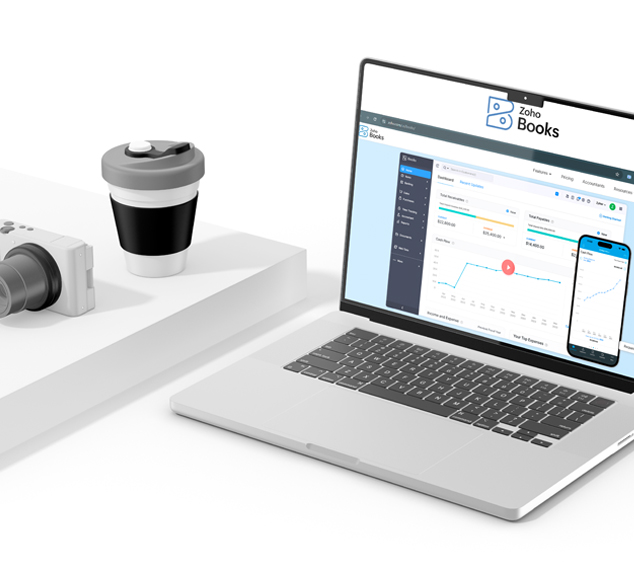2 min read
What’s the Best Accounting Software for Small Businesses?
For accounting firms that cater to small businesses, the symbiosis between the firm and its clients is paramount. The chosen accounting software can significantly influence this relationship, impacting everything from daily operations to strategic financial planning. In today's fast-paced business environment, the right software can facilitate seamless integration between a small business and its accounting firm, enhancing collaboration, improving accuracy, and driving efficiency. Here's a look at top accounting software options that foster strong connections between small businesses and their accounting partners.

QuickBooks Online
QuickBooks Online stands out for its ubiquity and familiarity among accounting professionals. Its comprehensive features support a wide range of business activities, from invoicing and payroll to advanced reporting. For accounting firms, QuickBooks offers collaborative tools like simultaneous access to financials, real-time updates, and easy sharing of reports and documents. Its extensive ecosystem of add-ons and integrations means that both small businesses and accounting firms can tailor the experience to their needs, ensuring a cohesive financial management process.

Xero
Xero’s cloud-based platform is a haven for firms looking for real-time financial data and insights. The unlimited user model allows both small business teams and their accounting partners to access financial data anytime, anywhere, fostering a transparent and inclusive approach to financial management.

FreshBooks
FreshBooks is designed with service providers in mind, offering intuitive invoicing, time tracking, and project management tools. For accounting firms, FreshBooks makes it easy to collaborate with clients on financial management. The software's emphasis on client interactions, such as simplified billing and payments, ensures that firms can offer a more personalized, service-focused experience to their clients, enhancing client satisfaction and retention.

Wave
Wave provides a free, straightforward accounting solution for small businesses, making it an ideal choice for startups and small enterprises with tight budgets. For accounting firms, Wave offers the basic tools needed to manage accounting and invoicing for their clients without additional software costs. This can be particularly appealing for firms serving clients who are just starting out or those with straightforward financial management needs.

Zoho Books
For small businesses already leveraging the Zoho ecosystem, Zoho Books offers an integrated accounting solution that seamlessly syncs with other Zoho apps. Accounting firms working with such clients can benefit from the streamlined data flow between Zoho applications, making it easier to manage finances, customer relationships, and inventory in a unified platform. This integration facilitates a more holistic approach to business management, allowing firms to provide comprehensive advisory services.

Building a Collaborative Future
Choosing the right accounting software is about more than just features; it's about finding a platform that supports a collaborative and transparent relationship between small businesses and their accounting firms. The ideal software should offer:
-
Ease of Use: Both clients and firms benefit from intuitive interfaces that reduce the learning curve and simplify financial management.
-
Accessibility: Cloud-based platforms ensure that financial data is accessible to both parties, anytime and anywhere, facilitating timely decisions and advice.
-
Integration: The ability to integrate with other business tools and systems streamlines operations and provides a more comprehensive view of the business.
-
Scalability: As small businesses grow, the software should be able to accommodate evolving needs without requiring a transition to a new platform.
-
Security: Protecting sensitive financial data is paramount, making robust security features a critical consideration for any software choice.
For users of QBO and Xero in particular, Botkeeper provides a platform that enables the transparent relationship and collaboration firms seek with their small business clients. Botkeeper takes on the tedious and time-consuming tasks your bookkeeper performs, reducing the amount of time your firm spends on accounting. It also saves you money and eliminates virtually all errors in your bookkeeping efforts. Basically, Botkeeper added to QBO or Xero makes a dream team of automation!
The relationship between small businesses and their accounting firms is significantly enhanced by the choice of accounting software. By selecting a platform that prioritizes collaboration, integration, and ease of use, accounting firms can provide exceptional service to their clients, laying the foundation for mutual growth and success.
To learn more about accounting and bookkeeping software, be sure to visit Botkeeper’s free, dedicated resource.





